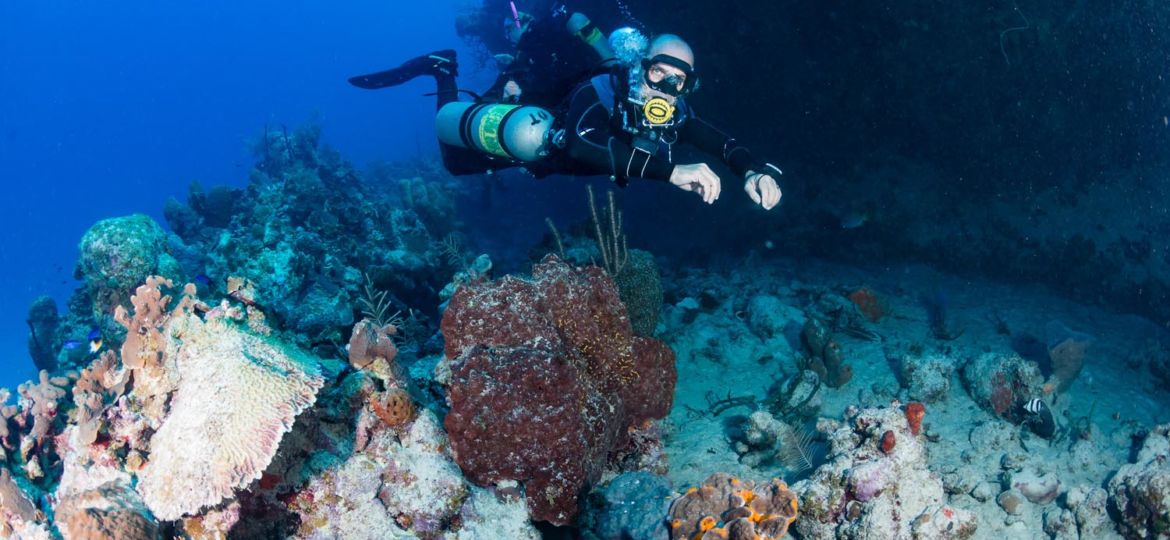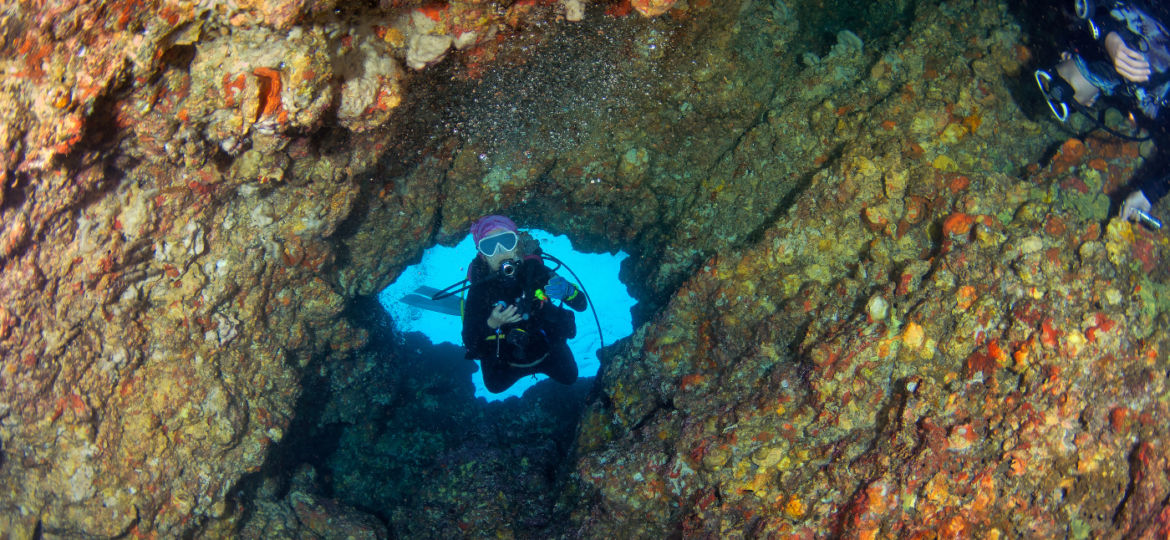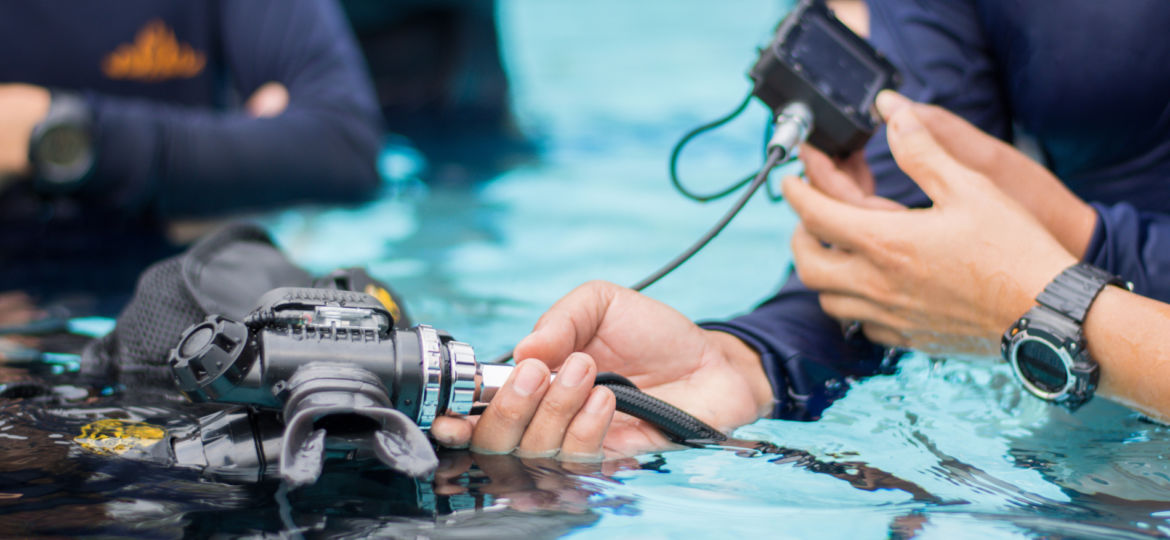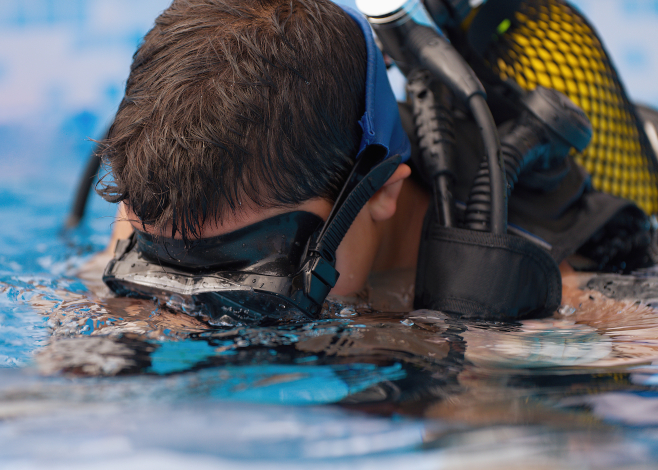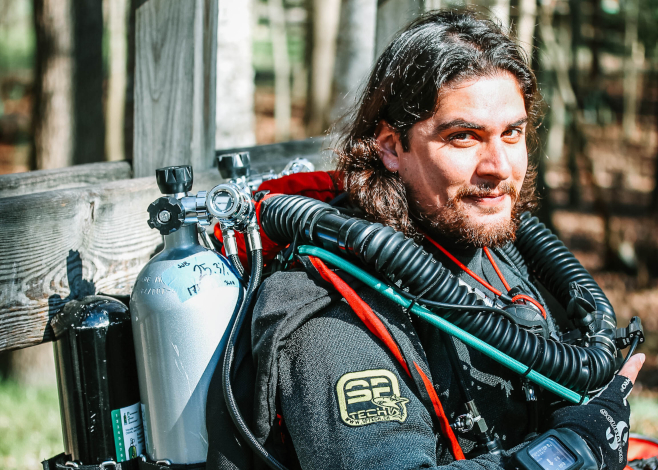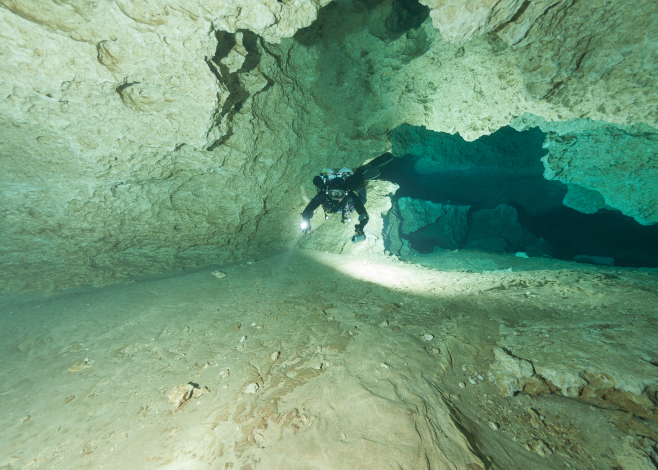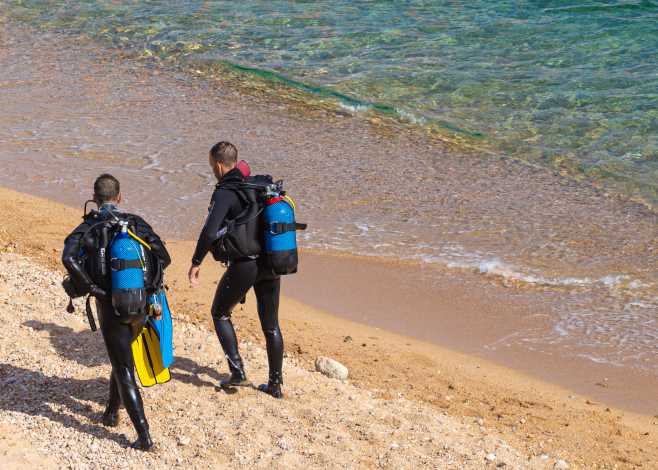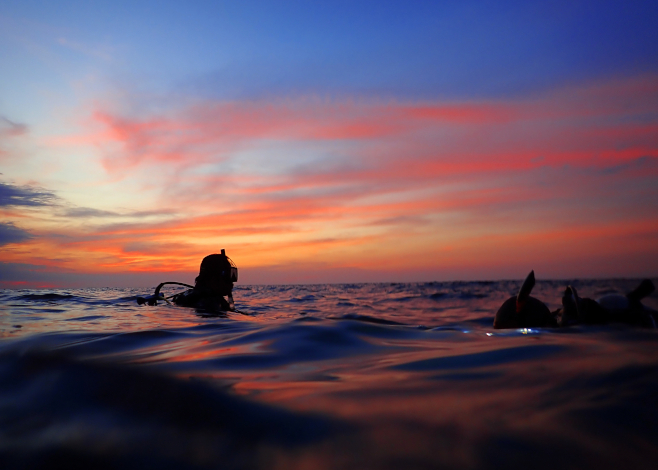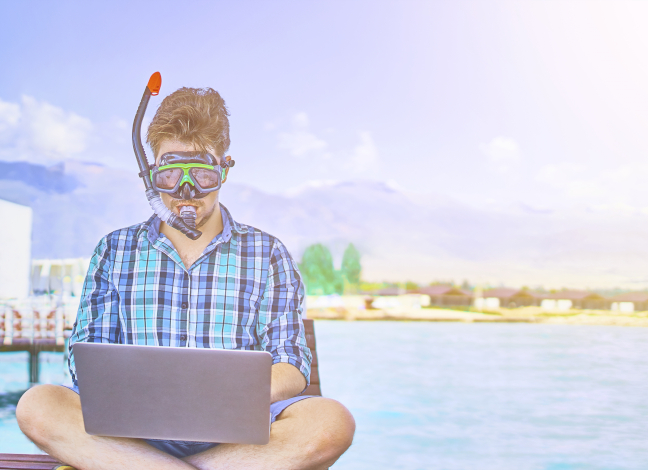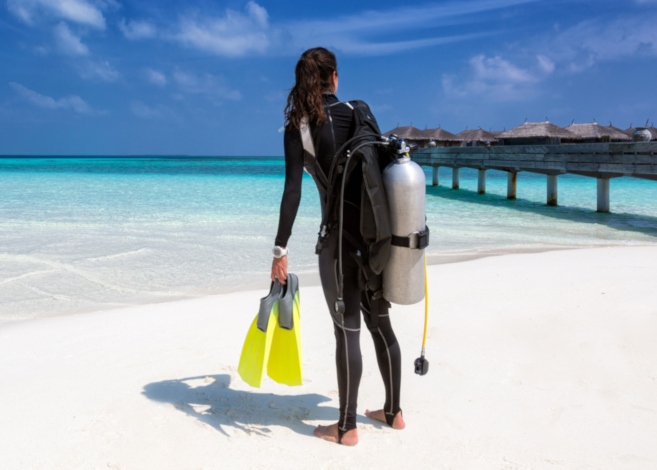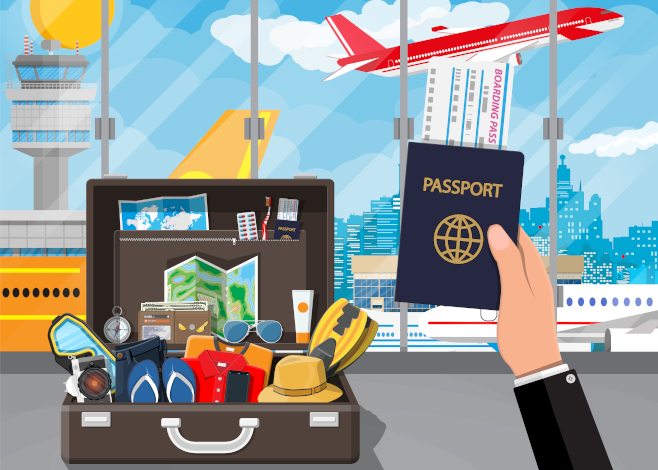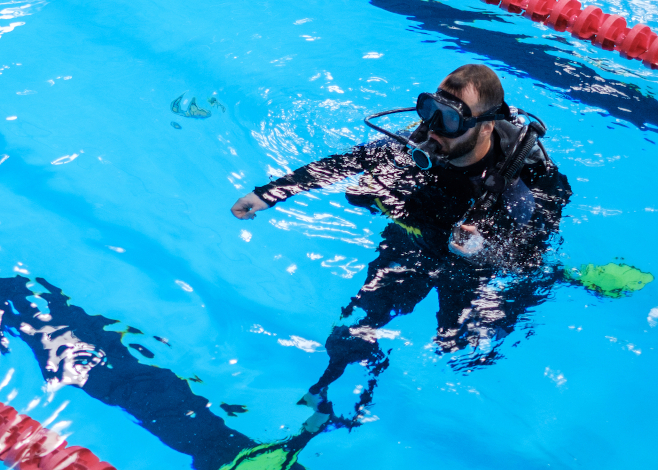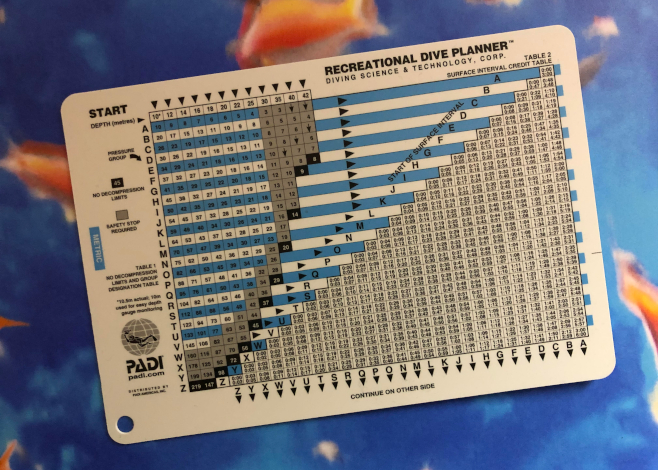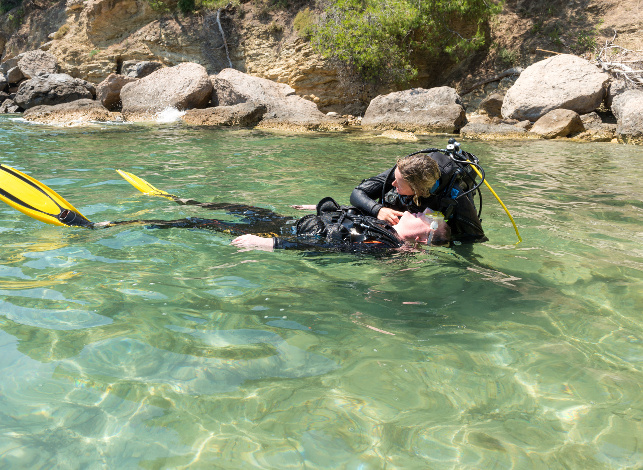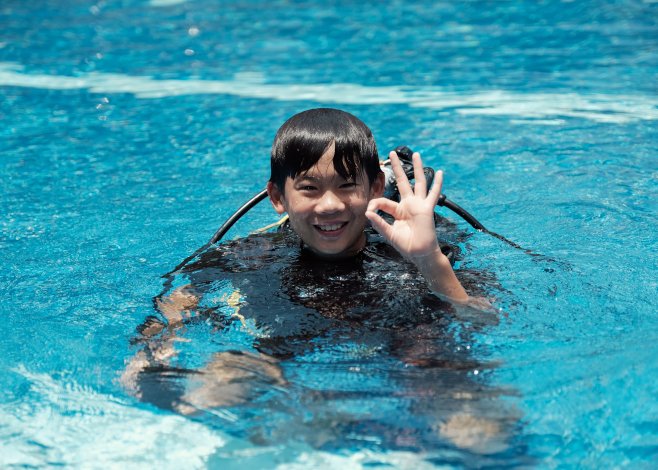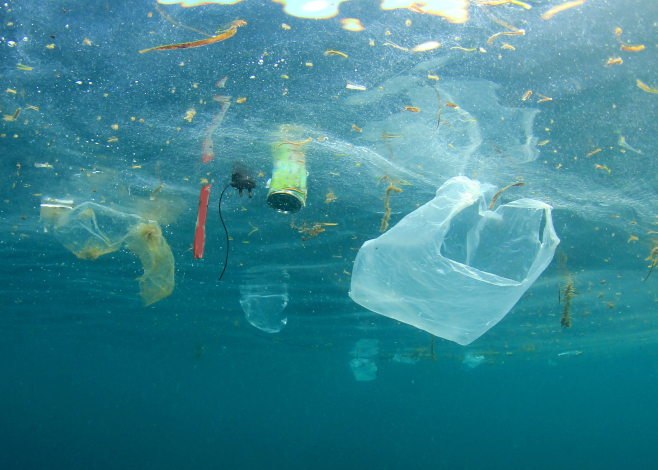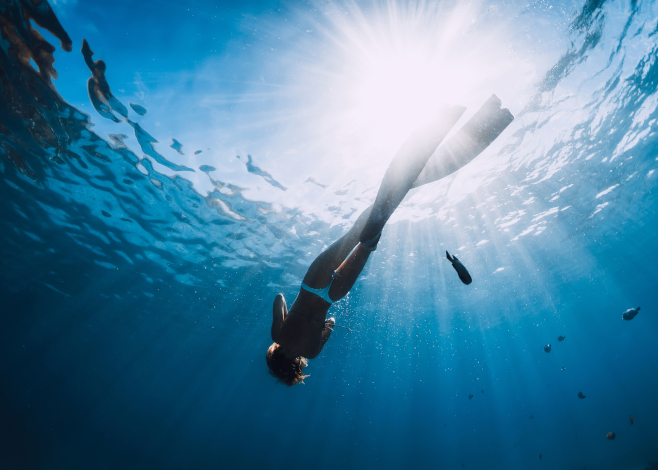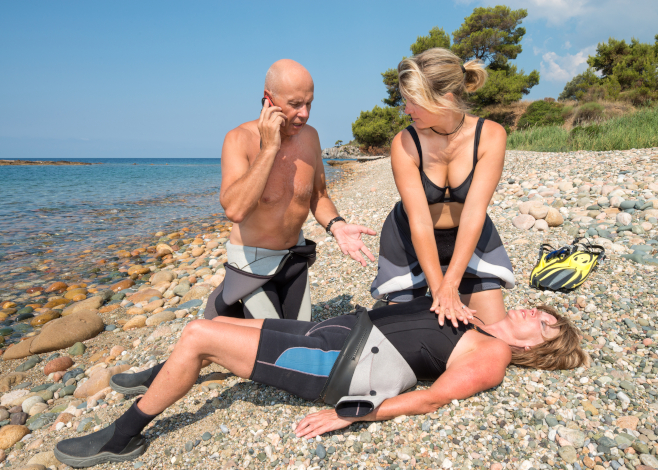Dive theory is just as important as time spent in the water when you’re a student diver, technical or recreational—here’s why.
Training
If you’re planning a dive trip, what decisions might you have to make? And what information should you use to choose a suitable destination?
This year has been extremely challenging, and many of us have been out of the water for quite some time. When it’s time, here are our tips for safely returning to diving after a long break.
Dealing with water up your nose can be a significant hurdle for divers, both physically and psychologically. How do you deal with it?
Professional diver Joseph Bosquez offers insights into working with NASA and the world of scientific diving.
Successful tech divers must rely on more than a solid frog kick when it comes to mastering propulsion techniques. Here’s a look at different methods and their applications.
It’s sometimes easy to succumb to peer pressure and make a dive when we really shouldn’t. When is the right time to abort a dive? What are the tell-tale signs?
Each qualification has recommended dive limits for depth or activity. Why are the limits there? Why is it wise to follow them?
If, like us, you’re spending most of your time at home right now, there are still ways get your diving fix — and stay connected to the rest of the diving community.
Scuba diving can be a physical sport, placing demands on cardiovascular fitness and strength. But does scuba diving burn calories?
Friends and family who are non-divers often have misconceptions about the sport. What are the usual diving myths and fears? Are they true?
So you got your dive qualification — now what? Here’s how to keep those newly acquired dive skills fresh.
As scuba diving moves forward and technology develops, is there still a place within diving for traditional dive tables?
The rescue diver course is a key step in a diver’s development. How will you know when you’re ready and how can you prepare?
There’s not a lot of research on the effects of diving on children, so what do you need to know when it comes to getting your child certified?
Most divers have probably stuffed trash into their BCD pocket on a dive. Consider the Project AWARE Dive Against Debris specialty course for more info.
Shallow water blackouts: what are they and how can you prevent them?
Three main factors account for most possible causes of scuba diving accidents: human error, equipment failure, and the environment.


